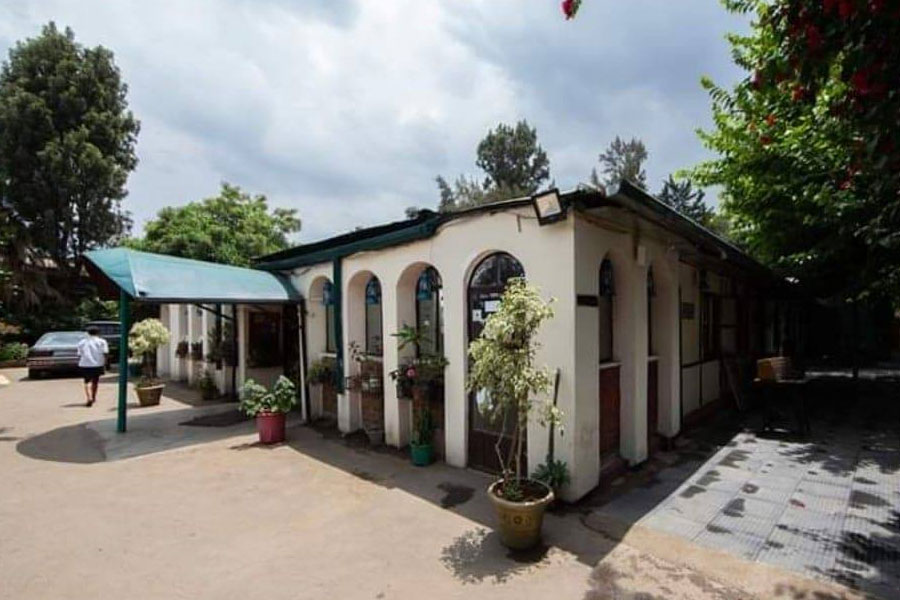

BULLDOZED! Buffet De La Gare. Alas, it is no more!
It used to be the hangout for the ultra-hip of Addis. The place to see and be seen. Afework Tekele described it as “a small international café with all the trimmings that you find in such similar places, be it in Hong Kong, Paris or New York…You meet all kinds of people from all spectrum[s] of life. I think it is a kind of melting pot.” It was the centre of city life and “the hipster place of Addis Abeba in the 1970s and 80s.” Buffet De La Gare. Alas, it is no more! A casualty of development, it was bulldozed yesterday to make way for the La Gare Eagle Hills development.
[ssba-buttons]